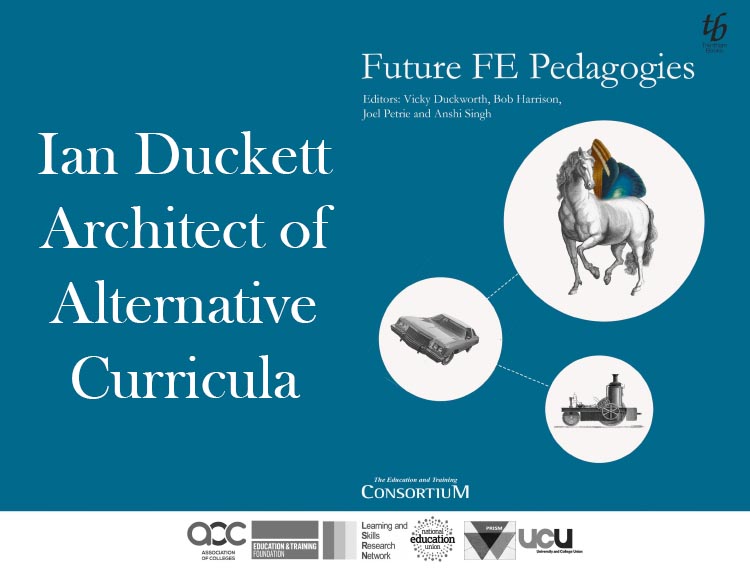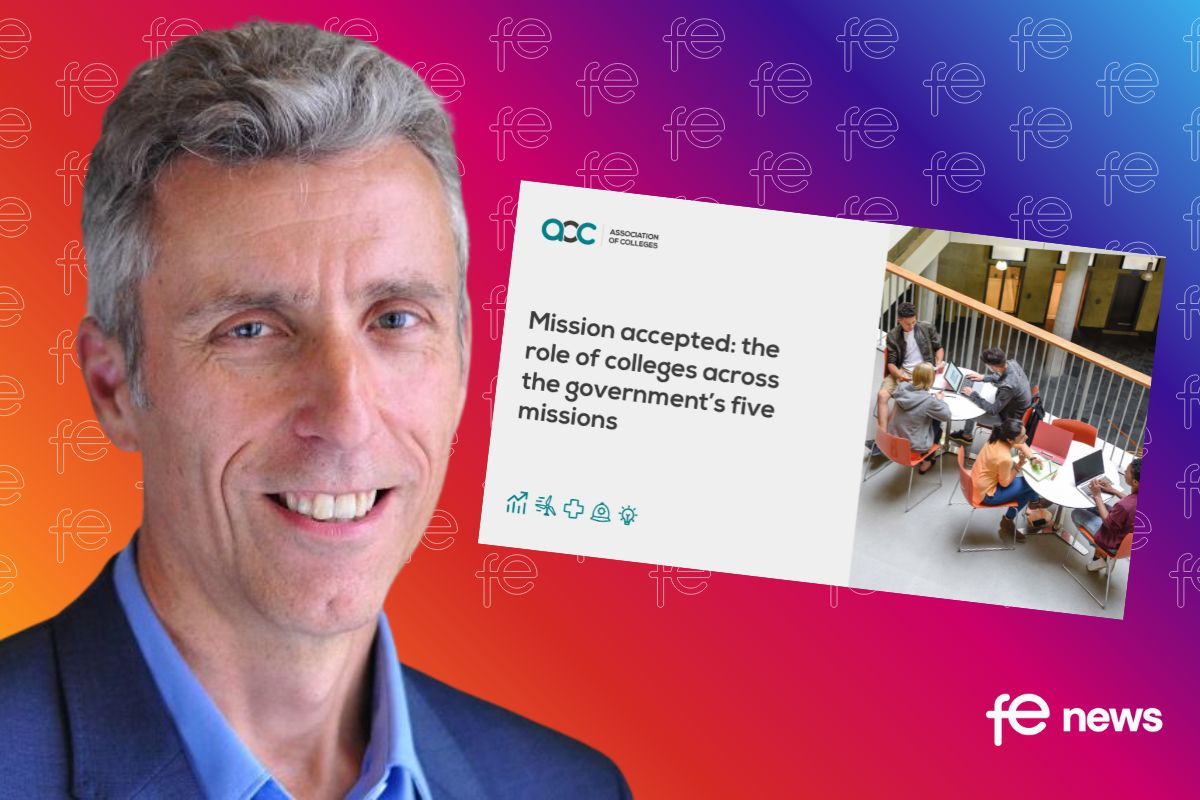Ways of Engaging: approaches to developing learning skills for disengaged and disaffected young people

Ways of Engaging is a project designed to support disaffected young people. It was initially rooted in research and was the inaugural project of the reformed East Anglia LSRN (Learning and Skills Research Network).
The project supported by partners the Co-operative College, NEU (the National Education Union) through both its post-16 Researchmeet project and Norfolk District, Norfolk County Council’s Roar project (where some of the resources and activities were trialled), Norwich Trades Council, the Socialist Educational Association (SEA) and latterly the University and College Union (UCU) and the University of East Anglia (UEA).
Re-engagement, learning and developing skills of employability and enterprise
The research drew on experience as a teacher and manager in FE and alternative provision in the last 10 years in a wide-range of contexts as well as previous research and development of case studies around NEET cohorts.
It was concerned with re-engagement, learning and developing skills of employability and enterprise. There are three main curriculum components to the approach to engagement and re-engagement.
These are leadership, employability and volunteering. Personalised and assignment-based, the approach is learner focused and built on a foundation of agreed and realistic targets that fully takes account of individual learner needs.
The engagement project equips learners with personal, learning and thinking and employability skills.
Emergency curriculum for practitioners
In the time of the pandemic, however, events overtook participants and it quickly morphed into a more practical pedagogy linked to the emergency curriculum for practitioners to use in a variety of ways of engaging with the young people in their care, sometimes planned; sometimes as a means of managing in a crisis; sometimes collaborative, but always as a direct and personalised response to individual learner needs.
While not directly born out of the Covid19 crisis, some learning activities have been shaped and altered and, in some cases, driven on-line.
Here are some examples:
- Introductory skills session – what will you need to succeed? Team-work; target setting and skills for learning; problem solving; language and communication (employability skills);
- Describe yourself – using a method of your choice (written description, picture, film or artefact), try to explain who you are. You should think about your background, ambitions and words which describe you. Record your evidence;
- Objects that represent your life or planned career – bring in three objects which represent who you are. Discuss with a partner or in a group what they represent and why you have brought them;
- Research a topic that interests you – use the internet, library, newspaper or another route to find out information about a subject of your choice. Present the information in an interesting or original way;
- Think about team-work and leadership skills and communicate to a group what it takes to be a good leader. Use examples of famous leaders and, as a group, discuss what made them good or bad. How do you compare?;
- Draw a mind map on the subject of respect – On your own, or as a group, showing what it means and giving examples of when it is and is not shown. Compare your examples with others.
Some findings
Even when learners have chosen a course of study, it is sometimes a challenge for teachers to keep them interested and motivated. This is where personal knowledge of individual learners comes in to play. ‘Knowing which buttons to press’ for each individual can provide the ignition to motivate and inspire any learner.
‘Which button’ will differ from learner to learner as the very uniqueness of each individual will form the basis for their personal determination and motivation. Learners crave realism. If we can gain their interest by making learning real, by linking it to the outside world, we can inspire and increase motivation.
Customised and flexible learning, including aspects of distance learning, is a means to achieving this. The whole notion of ‘personalised learning’ recognises that teachers focusing their attention on individual learners further progresses their learning and mirrors in the real world, such as the move away from narrow vocational models.
Within the post-14 sector the debate has centred on how best to move from a world where the individual responds to the system and its structures to one where the systems and structures themselves are designed to respond flexibly to individuals’ needs.
Some recommendations
In terms of recommendations, this approach frees learners and teachers from a range of the usual constraints: learners can take control of their own learning and teachers no longer really need to consider time allowances or constraints and can consider:
- length of time allowed;
- independent learning;
- distance learning;
- resource-based learning;
- mastery learning.
Teachers can and should ask themselves:
- How can learning and teaching move a learner from where they are now to where the learner has the potential to be?
- How can session-planning accommodate learners’ different, preferred approaches?
Ian Duckett, Architect of alternative curricula
Future FE Pedagogies – Vol 1 |
||
|
The Future FE Pedagogies journal was categorically not intended to be a ‘how to improve your e-learning skills’ guide – there are professional associations, websites and online materials fulfilling this function already. Rather, we aimed to provide for time poor colleagues a series of think pieces: nuanced analyses of the potentialities and challenges of TEL for our practice. |
||
| @AoCDavidH | ||
| @BobHarrisonEdu | ||
| @DrMattOLeary | ||
|
Free, easy and fit for purpose TEL: lessons learned the hard way by a non IT whizz |
Martin Compton |
@Mart_Compton |
|
Matt Gordon & Jan Calvert |
@mattgordonwfc @jancalvert |
|
| @eddieplayfair | ||
|
Ways of Engaging: some approaches to developing learning skills |
@duckett_ian | |
|
The Proverbs of TEL |
Howard Scott |
|
|
Digital Practitioners creating “artfully-crafted, student-centred, learning experiences” |
Nigel Ecclesfield & Fred Garnett |
|
|
Moving a class online |
Dave Cheseldine |
|
|
The Reality of FE TEL Post-Covid-19: Thoughts from the bike by an FE Teacher Educator |
Jamie Heywood |
|
|
An open letter to the Secretary of State for Education: preparing FES teachers and trainers to ‘teach well’ in a digital world |
David Powell |
|
|
Conclusion |
Vikki Liogier |
|











Responses